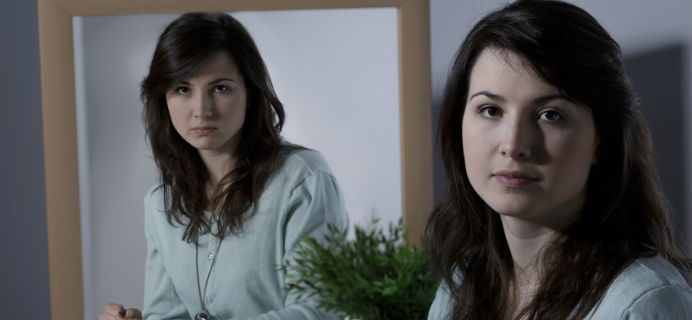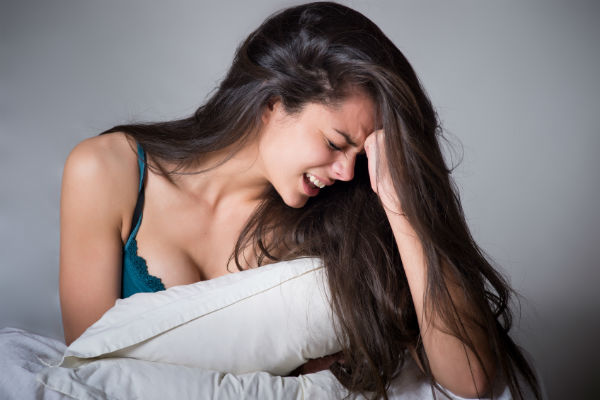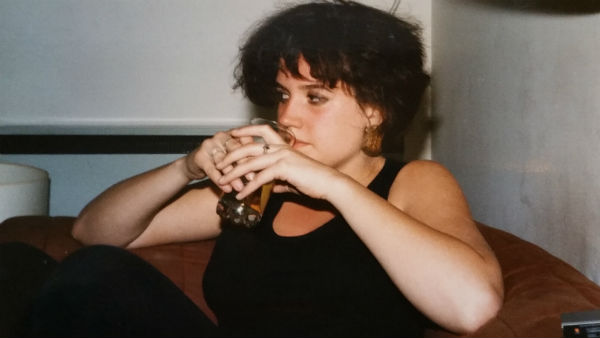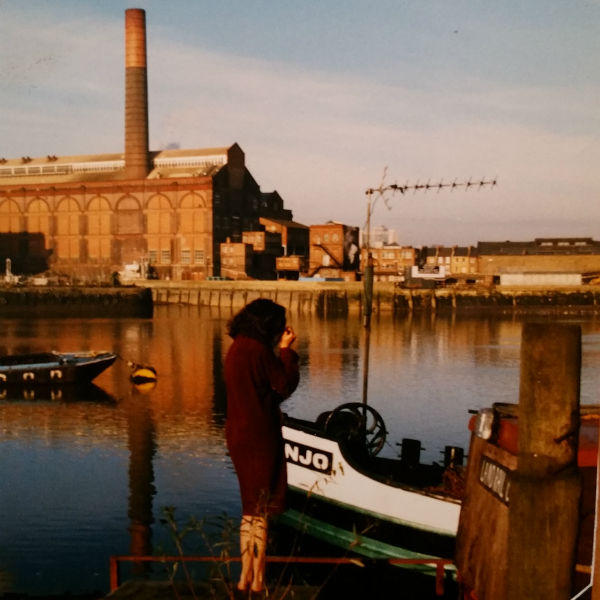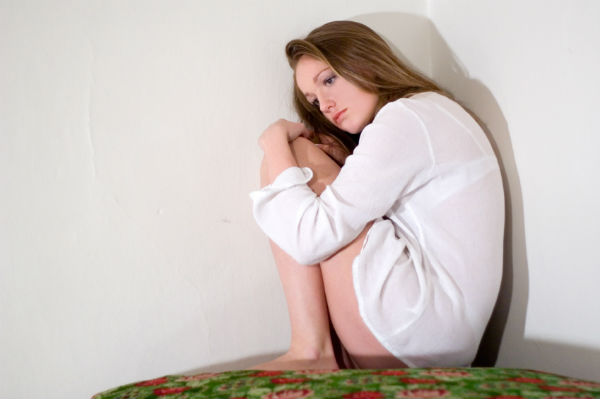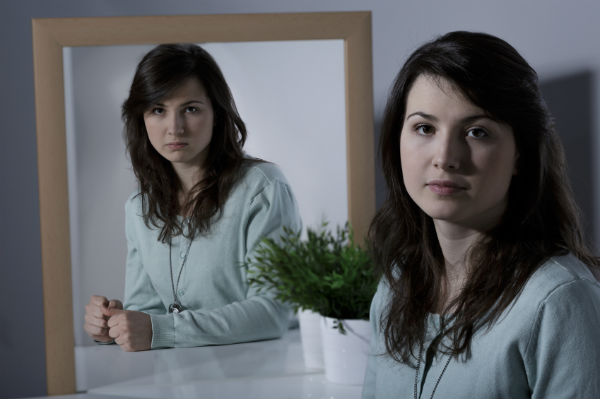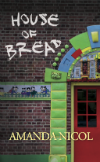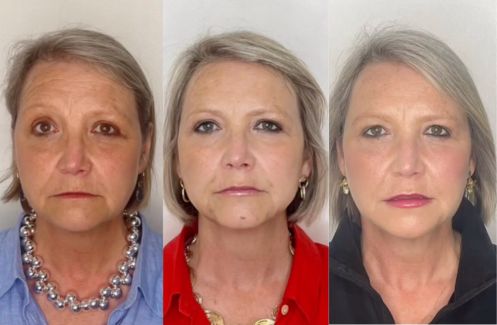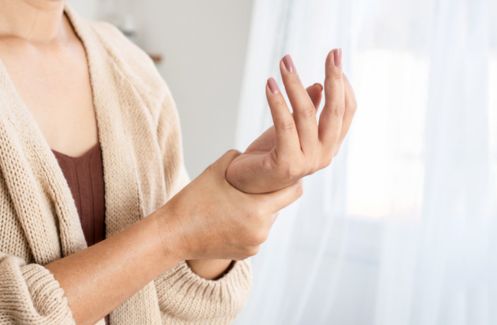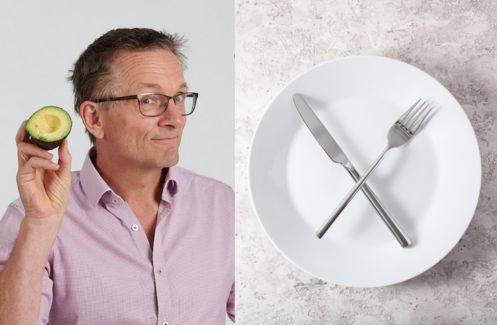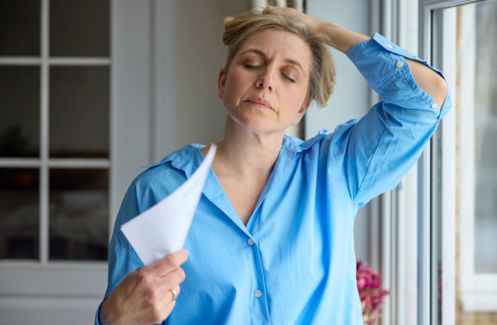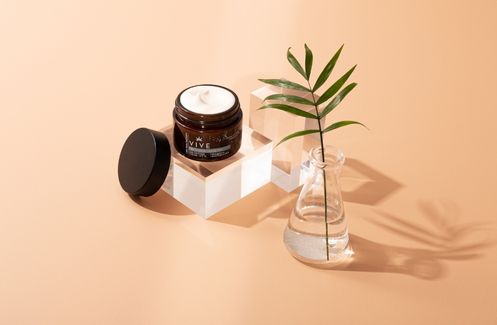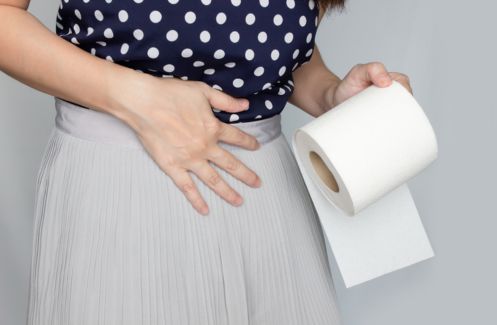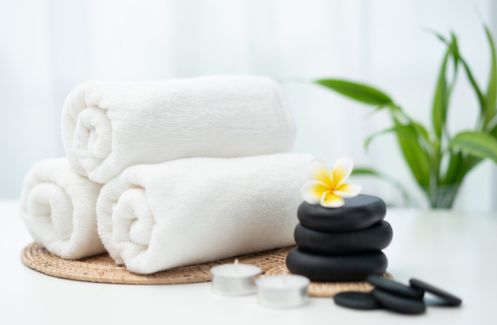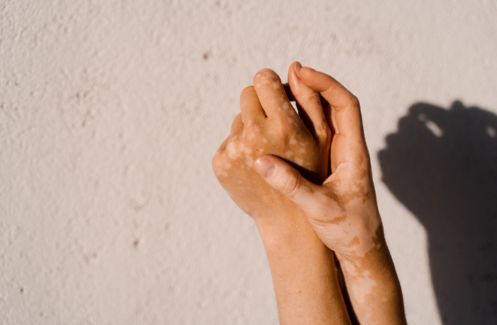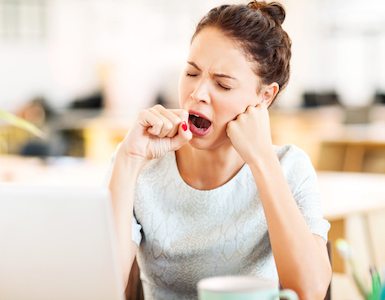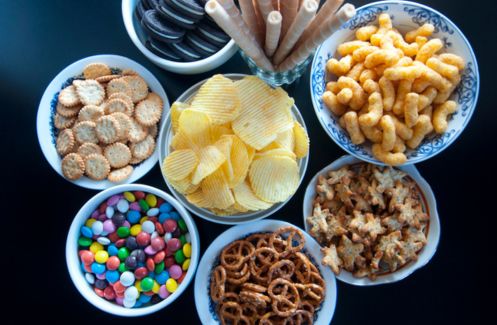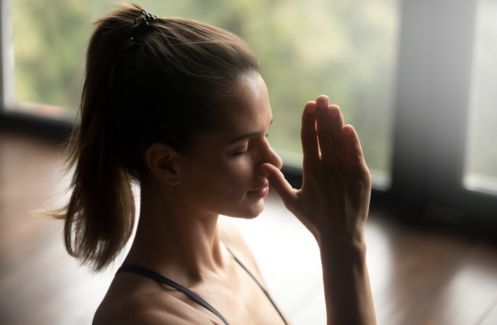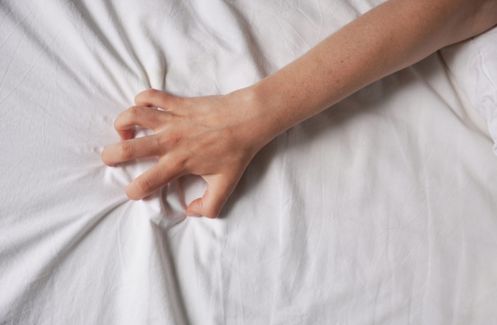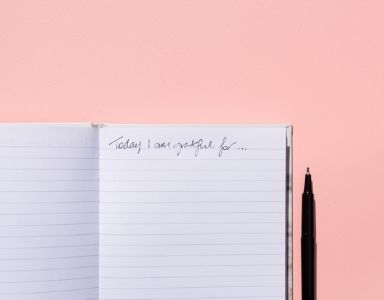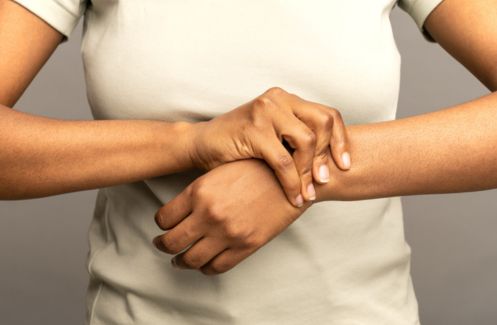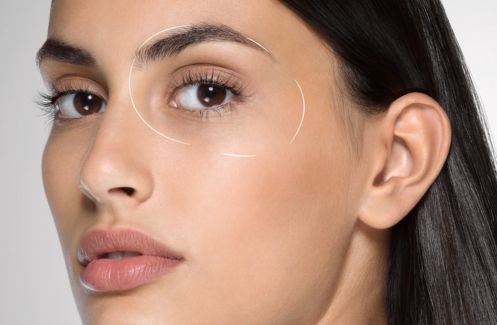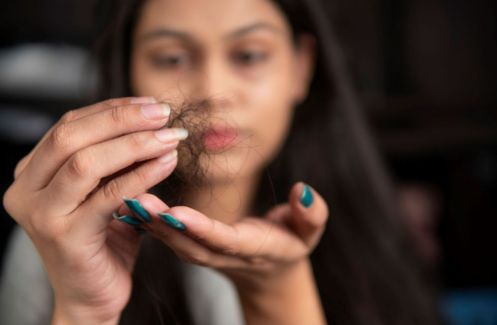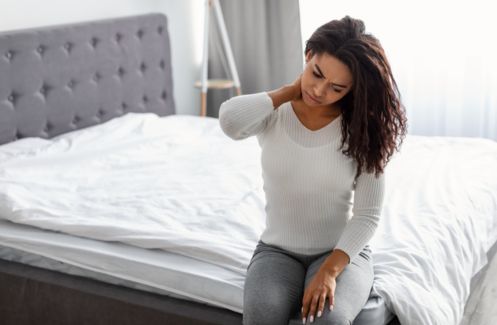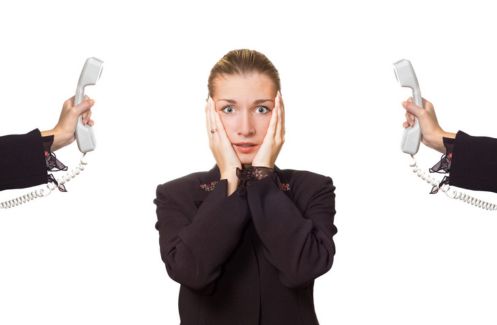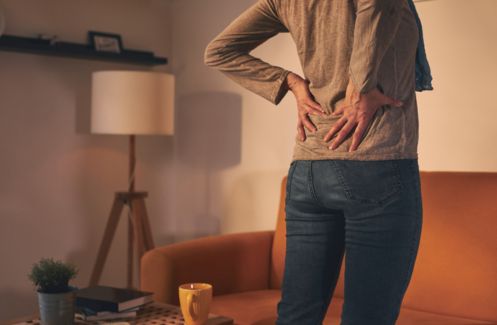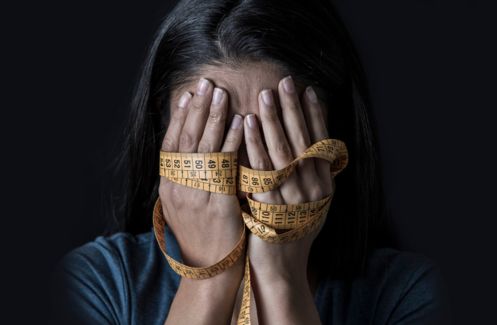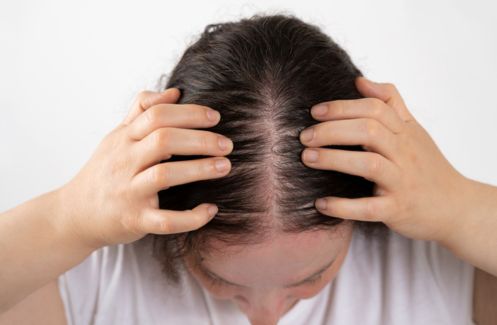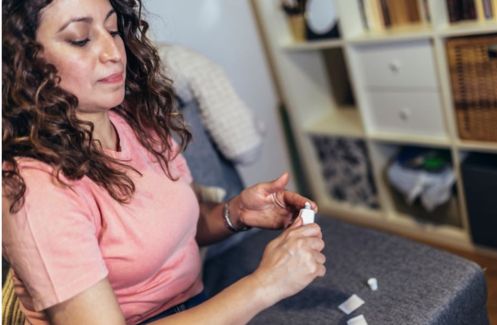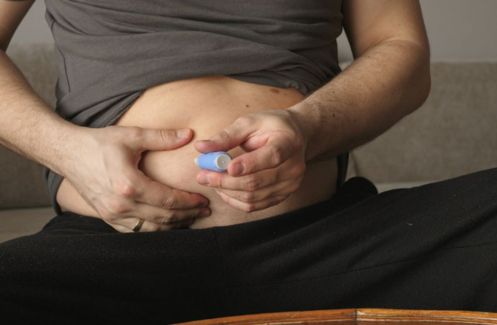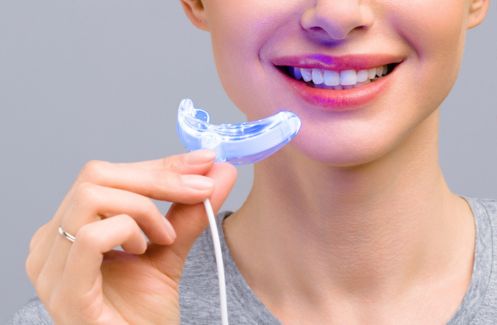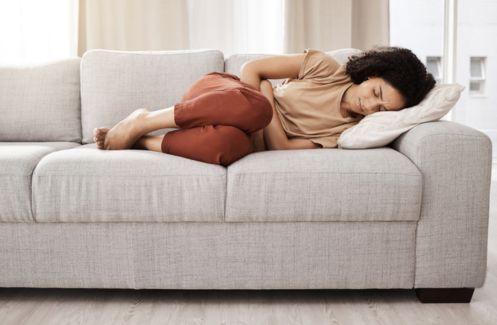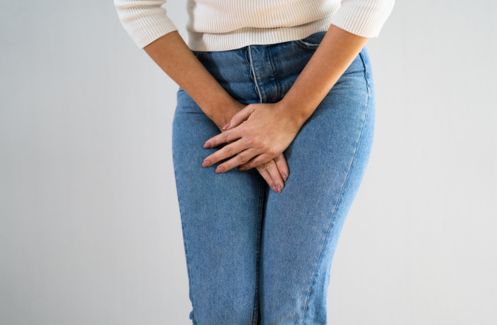Amanda Nicol, 41 was diagnosed with bipolar 20 years ago – here, the author of new book House of Bread tells of her devastating stay in an acute mental illness ward and explains why she stopped taking medication and took a different path to recovery
When I was 22 in 1989, a long time ago now, I had a great job restoring Old Master Paintings, was in love with the man I worked for, and life was good. I went to India to stay with a school friend; it was a wonderful holiday, and I loved India. On my return to London and the houseboat I was living on, even though I was feeling pretty sick and depleted after getting a dose of dysentery right at the end of my stay, I was full of it; I couldn’t wait to share my traveller’s tales. But instead, I discovered that my boss had decided to end our relationship, and was already seeing someone else. This meant the end of my job too.
I began to experience a great deal of anxiety, which soon turned into a serious depression, leading to feeling suicidal and eventually an attempt to end my life.
I was devastated, and whilst in a fairly fragile state, I went to Italy, having been given a job by a team who were restoring a church ceiling. It sounded great and the perfect antidote to the way I was feeling, but it didn’t work out that way at all. I began to experience a great deal of anxiety, which soon turned into a serious depression, leading to feeling suicidal and eventually an attempt to end my life. Before this happened to me, like most people, when I heard about suicide my heart went out to the family – the husband, the wife, the partner, the parent. How could they be so selfish? How could they take ‘the easy way out’ and leave behind such a horrendous mess of guilt and grief for their loved ones?
To have experienced this personal apocalypse, is to never again judge the suicidal. Easy way out? Selfish? No. The will to live exists somewhere in selfish. All there is, is pain. Real physical pain from the stress of feeling this way, and indescribable emotional pain, in a complete dislocation from all that is loving and good in your life. For whatever reason, whatever deep sadness inside you, unresolved issue, or biochemical disturbance too far; you’re lost. And you know it. Thankfully, I came out of that depression – a long and rather messy story – and eventually returned to London, feeling great, the morning after the Marchioness tragedy.
Having escaped death at my own hand, and now experiencing off the scale joy in being alive, this terrible loss of life so close to home, tipped the balance
All of us who lived on the houseboats moored in St Mary’s churchyard, SW11, knew people who were on that boat that night. Helicopters were flying over our home and our beloved river had turned into that cold, dark, watery grave for so many, all about the same age as us, out celebrating the birthday of a highly talented young guy. Having escaped death at my own hand, and now experiencing off the scale joy in being alive, this terrible loss of life so close to home, in more ways than one, tipped the balance, if it wasn’t tipped already. From being so recently as low as it is possible for a person to be, my mind took flight.
Once in hospital, I was pinned down, trousers ripped and pulled down in front of a mixed ward, and injected in the backside with an extremely powerful and dangerous anti-psychotic tranquilliser
Off I flew, up into the sky, high as a kite. I stopped sleeping, decorated my cabin very colourfully, became obsessed with various creative projects and tried to explain these to my shocked and concerned co-habitants, who informed my family. Doctors became involved and I was forcibly removed from the boat, bundled into a police car, then cell, then van, then acute ward. Once in hospital, after a bid to get some fresh air was misinterpreted as an attempt to escape through two inches of a locked window, I was pinned down, trousers ripped and pulled down in front of a mixed ward, and injected in the backside with an extremely powerful and dangerous anti-psychotic tranquilliser. I was bumped up the stairs and left in a tiny room with a locked window and without a toilet. As the drug took effect, I thought it was killing me.
After the initial shock of this, and the extreme confusion I felt as to where I was and what was happening to me, I fell into the routine, having been diagnosed with bipolar disorder, or manic-depression, as it was still called back then.
I suffered terribly with the side-effects of the medication; what is known as ‘tardive dyskinesia’, uncontrolled muscular movement caused by disturbed messages in the brain, extremely distressing both to experience and witness; short-term memory loss; twitching, the inability to sit still; aching legs; splitting lips; lactation; sensitivity to sunshine; constipation; spots, you name it, I had it, plus the constant craving for sugar as the body desperately tries to pick itself up out of this toxic sludge, and the inebriated feeling calling for endless cigarettes.
I suffered terribly with the side-effects of the medication; uncontrolled muscular movement; short-term memory loss; twitching, the inability to sit still; aching legs; splitting lips; lactation; sensitivity to sunshine; constipation
I was beaten up by a fellow patient. When I absconded after that violent attack and returned to the hospital, the one thing that I loved, Art Therapy, was taken off my schedule. My needs, my personality, and details of my life seemed to be of little interest to the people who were meant to be looking after me. I needed help and yes, I was unwell, but the way I was handled at that critical time was wrong. I firmly believe that I would have responded to less powerful medication, which in itself is very harmful in the short and long term, and which arguably worked no better than those age-old remedies: time, love and understanding.
She encouraged me to believe that I was something other than a no-good nutter.
I guess the staff’s hands were tied, they were stressed, overworked and working within strict behavioural guidelines, often unable to give the time and comfort which could help. Of course there were nice individuals. I grew to love my psychiatrist, and I enjoyed going to see her for a while after leaving hospital. She encouraged me to believe that I was something other than a no-good nutter.
The art therapist, I wish I could remember his name, was a shining star in my life at that time. I loved that mental hospital art room, and art therapy was the medicine which worked for me. I couldn’t get in there often enough. Everyone else seemed to be intent on telling me that what I was experiencing wasn’t real, true, or anything other than the result of disturbed brain chemistry. That’s as maybe, but meeting someone in their reality instead of adamantly trying to impose your own is, in my opinion, a much more enlightened way of going about deciphering what a person is going through, as a starting point for trying to understand why. The art therapist did this, and changed my life by suggesting that perhaps I needed to make my own creative work and I’m grateful to him to this day.
Initially, I could accept lithium as a mood stabilising therapy after discharge; it was a natural substance, used for its calming effects since way back, but the side-effects worried me: the shakes; the horrible metallic taste in the mouth; the weight gain; the fact it could damage my thyroid gland; the leaden deadness; the extreme fatigue; the sapping of my creativity; the inability to read and its toxicity necessitating regular blood tests. Suddenly, it seemed that everything I needed not just to feel good, but to be me, was prohibited. Vitality was to be a thing of the past, a preserve of ‘normal’ people. Whose sort of health is that? Great if your idea of health is a repression of symptoms. It isn’t mine. It might be OK for five years, ten, but what about fifty, sixty even? I was 22 years old. When I asked how long I would have to take it, I was told, ‘Maybe for life.’
There was nothing inherently wrong with me, rather there was something wrong with my life at that time and that could change. I rejected it, and after a year or so, threw my pills away.
I realised I didn’t believe in my bipolar diagnosis; I don’t know why not, other than that I believed that what had happened to me was a result of certain circumstances. There was nothing inherently wrong with me, rather there was something wrong with my life at that time and that could change. I rejected it, and after a year or so, threw my pills away. Illness was scary, but not half as scary as its treatment.
No one can help you with the decision to come off medication. And no one will be pleased about it. No one tells you that you are brave when you decide to take your health into your own hands. I read everything I could about diet, discovering the impact of essential fatty acids on the brain and other supplements that could help, how I could try to stabilise my hormones and how exercise was vital. I got a dog and walking him every day was unbelievably therapeutic. I did experience a second ‘high’ when I was on lithium – another story – but I got over it and moved on. The only time I experienced severe depression again was recently, when facing cancer treatment; the very idea of toxic medication and medical treatment, understandably, re-opening old wounds.
I felt enormous shame about what had happened to me, even though I actually knew that I had nothing to be ashamed of.
When I left Springfield Hospital, Tooting after four months, I remember looking back on the ward and feeling sad to be leaving my fellow patients, many who did not have the benefit of an education and a loving family as I did. I cared about them and I wanted to tell their stories. And although I felt desperately ashamed about it, I also wanted to tell mine. It took me ten years to feel ready to do so, and to claw back my self-esteem. I felt enormous shame about what had happened to me, even though I actually knew that I had nothing to be ashamed of. In some ways my new book, House of Bread is a tempered version of my story. Not only was it narrative therapy for me, but made my experience more understandable for my family and friends.
It was incredibly liberating to tell my story through the eyes of a young guy, of whom I knew many in hospital. But, just as when I went anywhere near the boat where I had lived, when anyone asked what I was writing about, I would feel sweaty, shaky and sick, such was the trauma and raw nerves around the whole thing. PTSD? Perhaps that’s too strong, perhaps not. When House of Bread did find its way into print the first time, the great reviews and many letters I received, particularly those from service users and people who had been in contact with the psychiatric services one way or the other really moved me, and kept me writing.
MORE: 14 small changes for a healthier future
MORE: 5 Celebs with mental health issues.
Why don’t we allow people to heal from these so-called illnesses? Why can you not have a bipolar episode, then move on? Instead you are bipolar. Labels may be useful in a society that stigmatises the emotional distress that leads to behavioural disturbance, but they can inhibit personal development, whilst their treatment can seriously damage physical health. We need support groups when we feel alienated, but I believe we need to challenge, and move beyond, these limiting diagnoses.
Those, like me, wishing to come off medication should have the option of doing this as an in-patient… offering psychological, physical, emotional and nutritional care and advice… with time spent healing a human life out of balance – not its symptoms.
It is clear from the vast amounts of research that, shockingly, there are no biological markers for bipolar or schizophrenia. Damage caused by psychiatric medication is well-documented, and people who come off medication can do better than those who do not. Anti-depressant medication is known to cause suicide and violence. Those, like me, wishing to come off medication should have the option of doing this as an in-patient, or under supervision at home in the care of a range of therapists, offering psychological, physical, emotional and nutritional care and advice, tailored to each person, with time spent healing a human life out of balance – not its symptoms.
What would I say to someone who has just been sectioned, maybe clinically depressed or experiencing a psychosis? I would say that there is hope; that life can change, that they can become the people they want to be.
What would I say to someone who has just been sectioned, maybe clinically depressed or experiencing a psychosis? I would say that there is hope; that life can change, that they can become the people they want to be. That they are worth loving, that there are people who can help, advise and who are moving away from the medical model of mental illness. That no-one is immune. The world we live in isn’t always sane: neither are we, and that’s okay.

House of Bread by Amanda Nicol (published 8th December 2015 by Clink Street Publishing RRP £7.99 paperback, RRP £3.99 ebook) available to purcahse from online retailers including amazon.co.uk and to order from all good bookstores. For more information, please visit AmandaNicol.co.uk.
Like this article? Sign up to our newsletter to get more articles like this delivered straight to your inbox.



